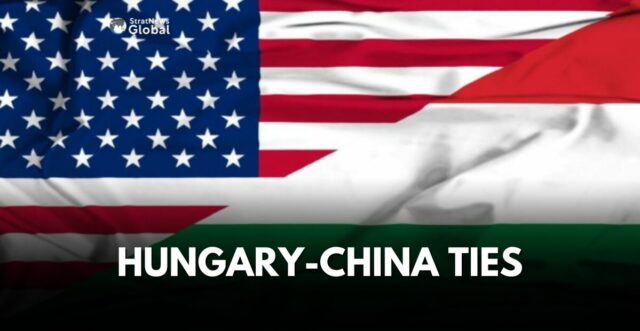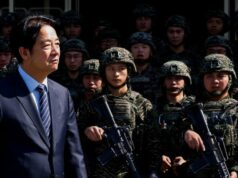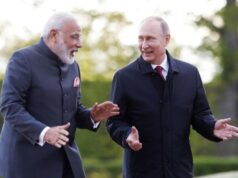The U.S. envoy to Budapest, David Pressman, sharply criticised the Hungarian government on Tuesday for its close political and business relations with China. These ties often “come with strings attached, and the interest is often paid in sovereignty,” he warned.
In a speech to U.S. companies at the American Chamber of Commerce, Ambassador Pressman condemned Hungary’s dealings with China. He highlighted the non-transparent contracts “rife with corruption” that underpin these relations. Pressman also criticised nationalist Prime Minister Viktor Orban’s government for allowing Chinese workers into Hungary and for a security cooperation that permits Chinese police officers to operate in the country.
U.S. vs. Hungary: Business Practices
Pressman acknowledged that the United States also engages in business with China. However, he emphasised that the U.S. does so “transparently, based on clear rules, and with due concern for the security interests of our Allies.” This contrasts with Hungary’s approach, which he implied undermines sovereignty and transparency.
Strained U.S.-Hungary Relations
Relations between Budapest and Washington have deteriorated, partly due to Hungary’s delay in ratifying Sweden’s NATO accession, which was finally passed by Budapest in February. Additionally, Prime Minister Orban’s warm ties with Moscow, despite the war in Ukraine, have strained relations further.
“We all know that Hungary cannot, for long, have it both ways. To benefit from being in the community of democratic nations, but not constrained by it. To exercise the rights, but not always the responsibilities,” Pressman stated.
Recent Developments
Pressman’s criticism comes a month after Chinese President Xi Jinping’s visit to Hungary, his third and final stop on his first European tour in five years. During the visit, Xi Jinping praised the China-Hungary relationship as an “all-weather strategic partnership.”
Under Prime Minister Orban, Hungary has become an important trade and investment partner for China. This stance contrasts with some other EU nations that are considering reducing their dependence on the world’s second-largest economy
(With Inputs From Reuters)
Research Associate at StratNewsGlobal, A keen observer of #China and Foreign Affairs. Writer, Weibo Trends, Analyst.
Twitter: @resham_sng





